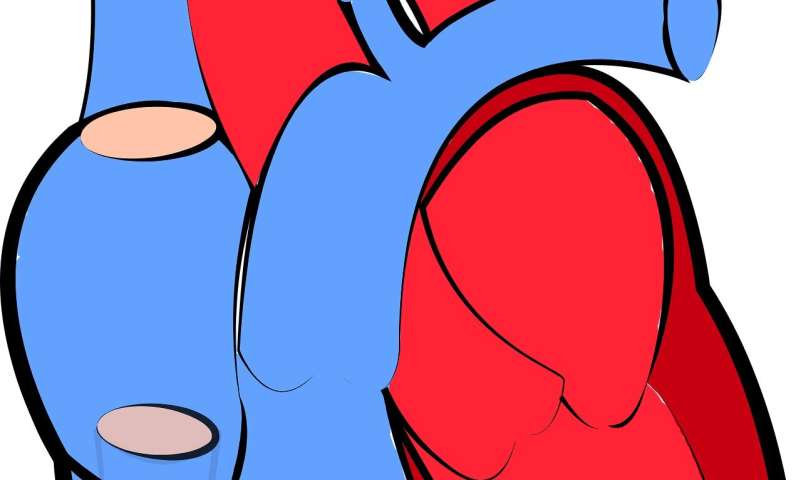
Yale doctors have developed a technique to predict whether cancer patients receiving a common chemotherapy drug are likely to experience heart failure as a result.
The chemotherapy drug, called doxorubicin, is used to treat a number of cancers, including breast and bladder cancers, lymphoma, and Kaposi’s sarcoma. It is a powerful medication, researchers say, and in some cases it severely damages the heart muscle.
But a new, non-invasive procedure may be able to help screen for early signs of impending heart failure in cancer patients taking doxorubicin. A study based on an animal model experiment to test the procedure, carried out at the Yale Translational Imaging Center (Y-TRIC), appears in the journal JACC CardioOncology.
The new method uses coronary CT angiography (CTA) to measure the diameter of epicardial coronary vessels, which help direct blood flow to the heart muscle.
In the study, researchers conducted CTA imaging when the subject was at rest and again during pharmacological stress. The researchers then evaluated changes in the diameter of the coronary vessels; the normal dilation of vessels is impaired when there is vascular injury.
Source: Read Full Article
